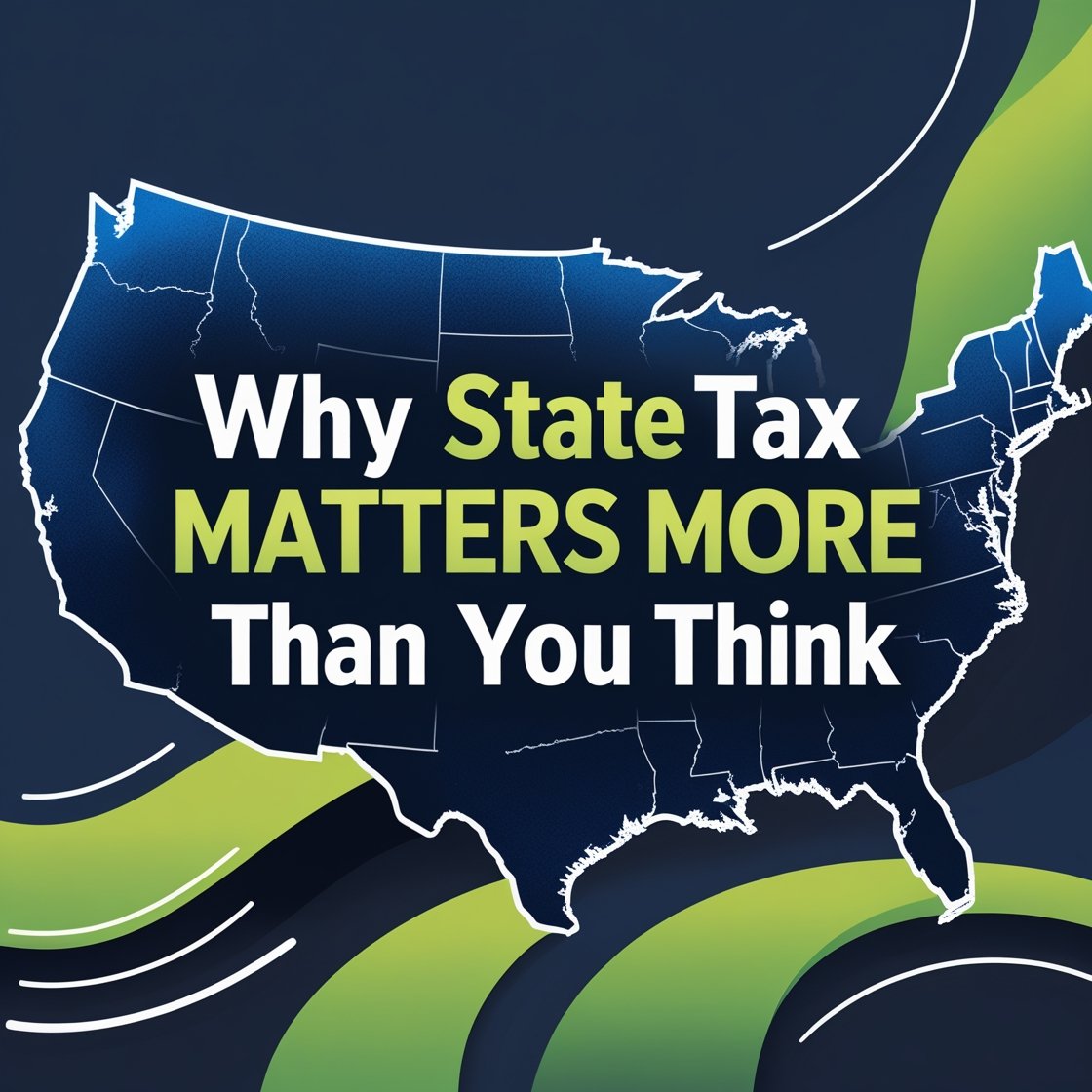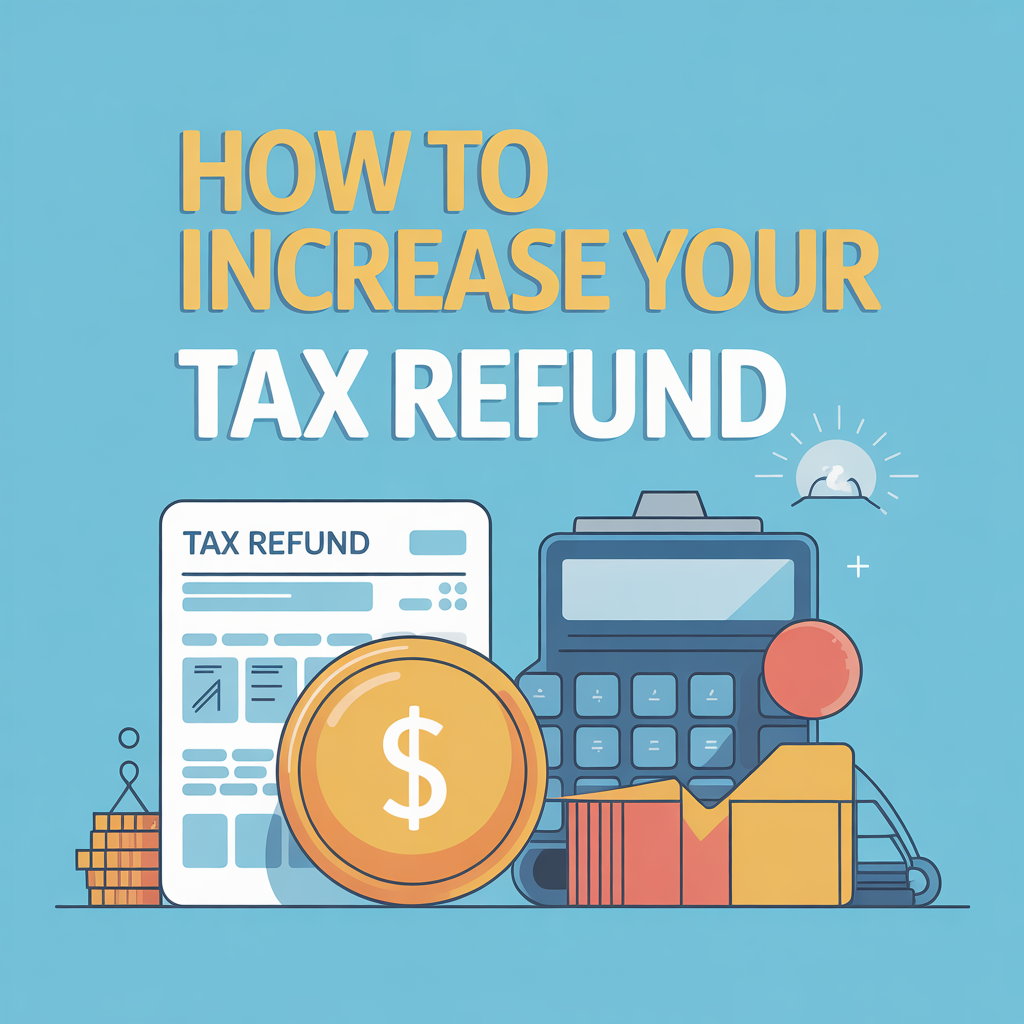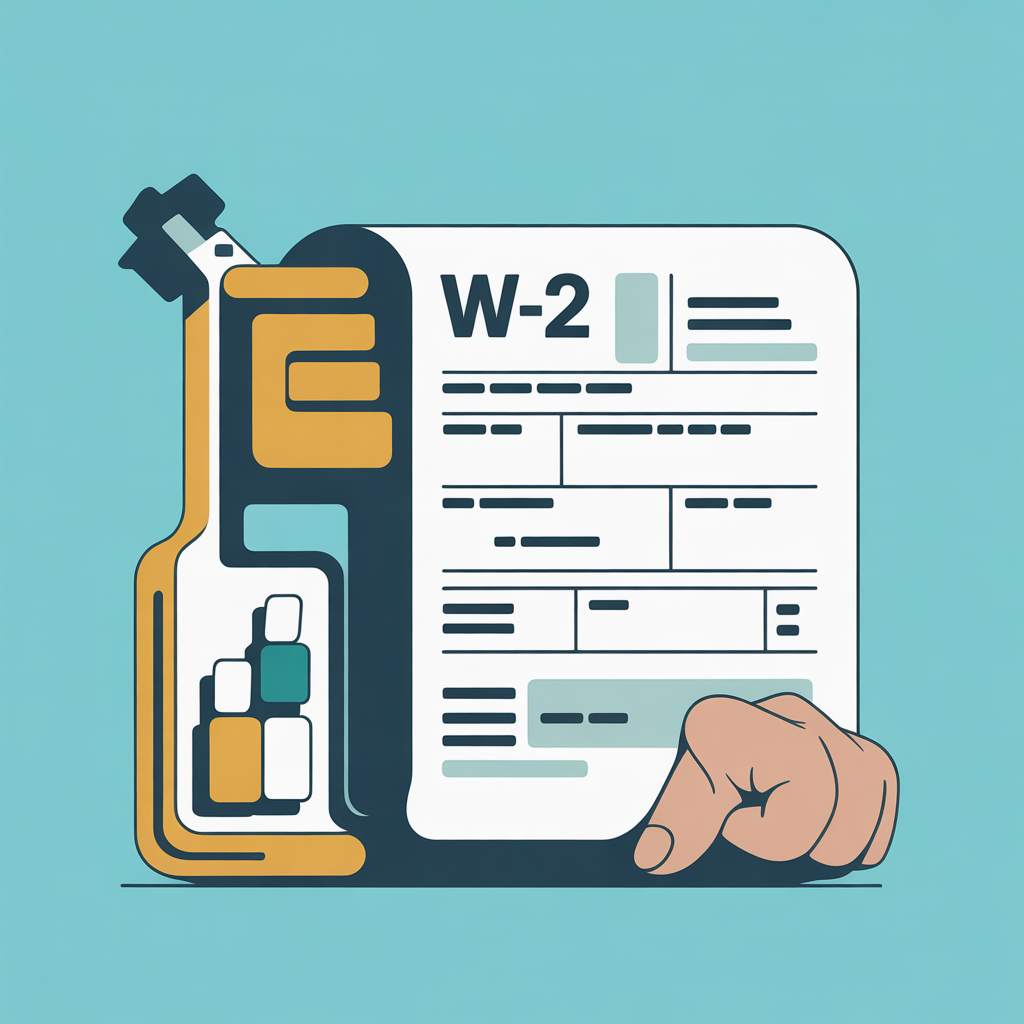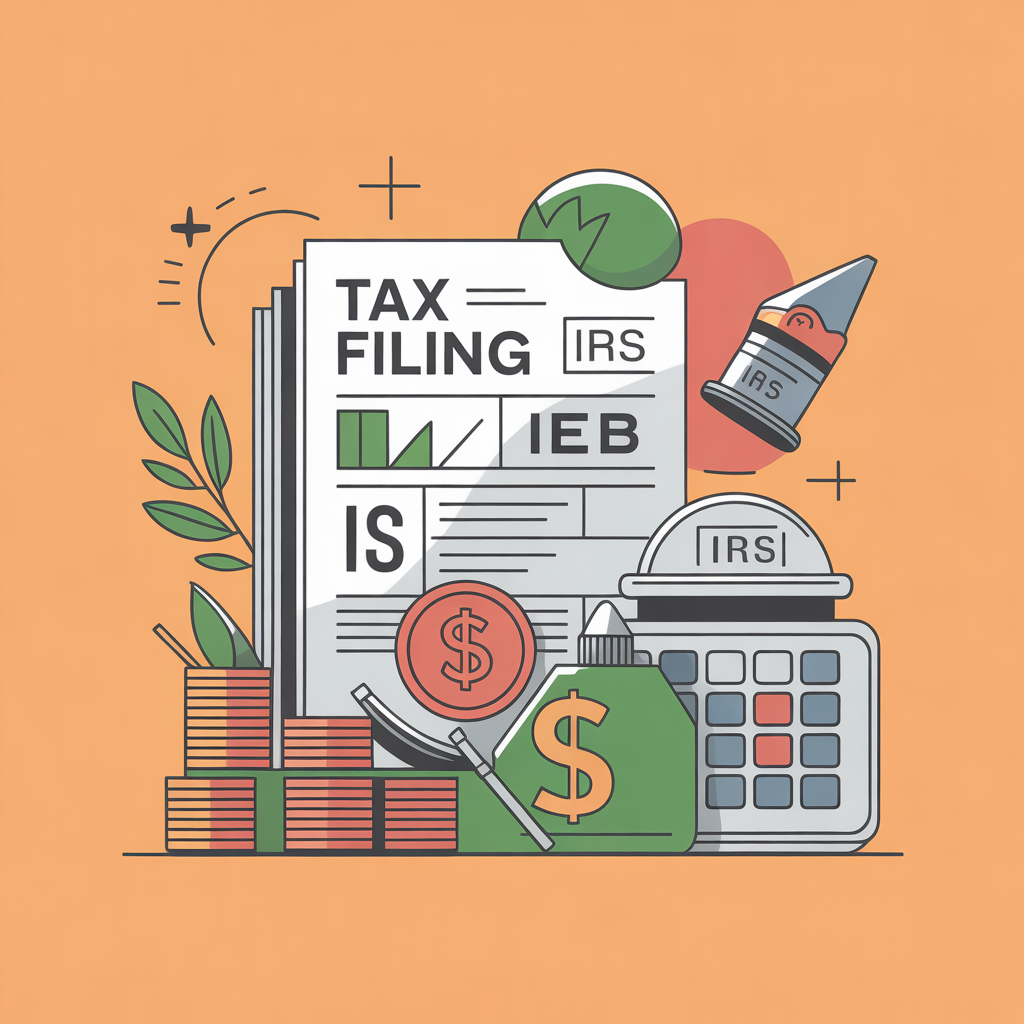When most people think of taxes, their minds immediately go to federal income tax. But for millions of Americans, state tax is just as important—and sometimes even more impactful. Whether you’re a salaried employee, small business owner, freelancer, or retiree, state tax can affect everything from your paycheck to your property value to where you choose to live.
In this blog, we’ll break down why state tax matters more than you think, how it impacts your finances, and what you should watch out for.
- Not All States Are Created Equal
One of the most important things to know about state taxes is that every state has its own rules. Some states—like Florida, Texas, and Washington—don’t tax income at all. Others—like California, New York, and New Jersey—have some of the highest state income tax rates in the country.
Example: A person earning $100,000 in California could pay over $9,000 in state income tax, while someone earning the same in Texas would pay $0.
That’s a huge difference in take-home pay, which could impact your savings, lifestyle, and investment choices.
- It’s Not Just Income Tax
State taxes go beyond your paycheck. You might also face:
- Sales Tax – Varies from 0% (e.g., Delaware) to over 10% in some localities.
- Property Tax – Affects homeowners and landlords; rates and exemptions differ by state.
- Estate or Inheritance Tax – Some states tax your assets after death, even if the federal government doesn’t.
- Excise Taxes – On things like gas, tobacco, alcohol, and even sugary drinks.
So even if you live in a no-income-tax state, you may still be paying more than you think in other taxes.
- Moving States? Tax Implications Are Huge
In today’s remote work world, many people are moving across state lines. But moving isn’t just about weather or lifestyle—it can come with unexpected tax consequences:
- You may have to file multiple state tax returns if you earned income in more than one state.
- States may claim you as a resident and try to tax your entire income.
- Residency rules vary—owning a home, spending more than 183 days, or registering a car in a state may trigger tax liability.
- State Tax Planning = Smart Financial Planning
Understanding and planning for state taxes is a powerful financial strategy. Here’s how:
- Retirees can choose tax-friendly states for Social Security and pension benefits.
- Business owners can benefit from lower state corporate taxes or incentives.
- Real estate investors can avoid high property taxes by choosing the right markets.
- Remote workers can legally optimize residency to reduce income tax.
Tax planning shouldn’t stop at the federal level—state-level awareness can save thousands over a lifetime.
- Don’t Wait Until Filing Season
Many people only think about state tax when it’s time to file. But by then, it may be too late to make impactful decisions. Instead:
- Track your state residency status and physical presence.
- Plan major purchases (cars, real estate) with sales and property taxes in mind.
- Use payroll tools to estimate state withholding accurately.
- Work with a tax advisor if you earn income in multiple states.
Contact us: +1 (972)-996-6644
Email us : info@theriwa.com Visit our website : https://theriwa.com/






